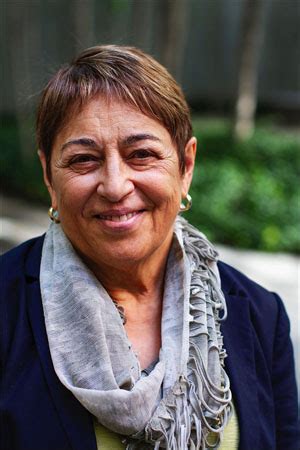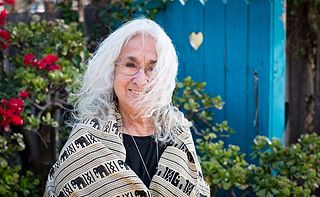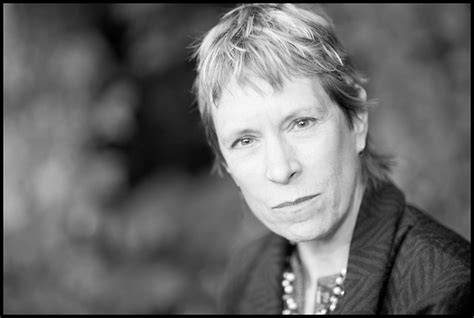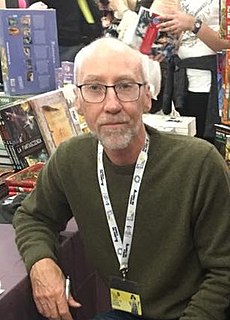A Quote by Toi Derricotte
These are the stories of travelers on a spiritual quest between worlds. Part mythmaker, part poet, Omar Castaeda is an original, and these stories are unlike any in our literature.
Related Quotes
My real purpose in telling middle-school students stories was to practice telling stories. And I practiced on the greatest model of storytelling we've got, which is "The Iliad" and "The Odyssey." I told those stories many, many times. And the way I would justify it to the head teacher if he came in or to any parents who complained was, look, I'm telling these great stories because they're part of our cultural heritage. I did believe that.
Stories move in circle. They don’t move in straight lines. So it helps if you listen in circles. There are stories inside stories and stories between stories and finding your way through them is as easy and as hard as finding your way home. And part of the finding is the getting lost. And when you’re lost you start to look around and to listen.
Seeking the Cave is part travelogue, part literary history, and part spiritual journey. James Lenfestey is a lively and entertaining tour guide. Modest, funny, curious, and wide open to the world, he gives us perceptive glimpses of Chinese culture, ancient to contemporary, and into what it means to be a poet, both now and twelve centuries ago. The account of his quest to find Han Shan's cave is a delight from beginning to end.
I have found that the person with a sense of story built in from childhood is in better shape than one who has not had stories . . One knows what stories can do, how they can make up worlds and transpose existence into these worlds. . . .One learns that worlds are made by words and not only by hammers and wires.
There are three stories that are foundational to the Islamic narrative in which women, and in two of the three cases, single women, are not just part of the story. They're at the very center of the story. Yet, that is not something that you would imagine to be true if you survey the Muslim world from the outside or from the inside. Part of the reason is that we don't really take our text seriously. We don't take our stories seriously. We're almost afraid of thinking complicated thoughts.
So I found myself telling my own stories. It was strange: as I did it I realised how much we get shaped by our stories. It's like the stories of our lives make us the people we are. If someone had no stories, they wouldn't be human, wouldn't exist. And if my stories had been different I wouldn't be the person I am.
A good piece of fiction, in my view, does not offer solutions. Good stories deal with our moral struggles, our uncertainties, our dreams, our blunders, our contradictions, our endless quest for understanding. Good stories do not resolve the mysteries of the human spirit but rather describe and expand up on those mysteries.
You can use your means in a good and bad way. In German-speaking art, we had such a bad experience with the Third Reich, when stories and images were used to tell lies. After the war, literature was careful not to do the same, which is why writers began to reflect on the stories they told and to make readers part of their texts. I do the same.







































